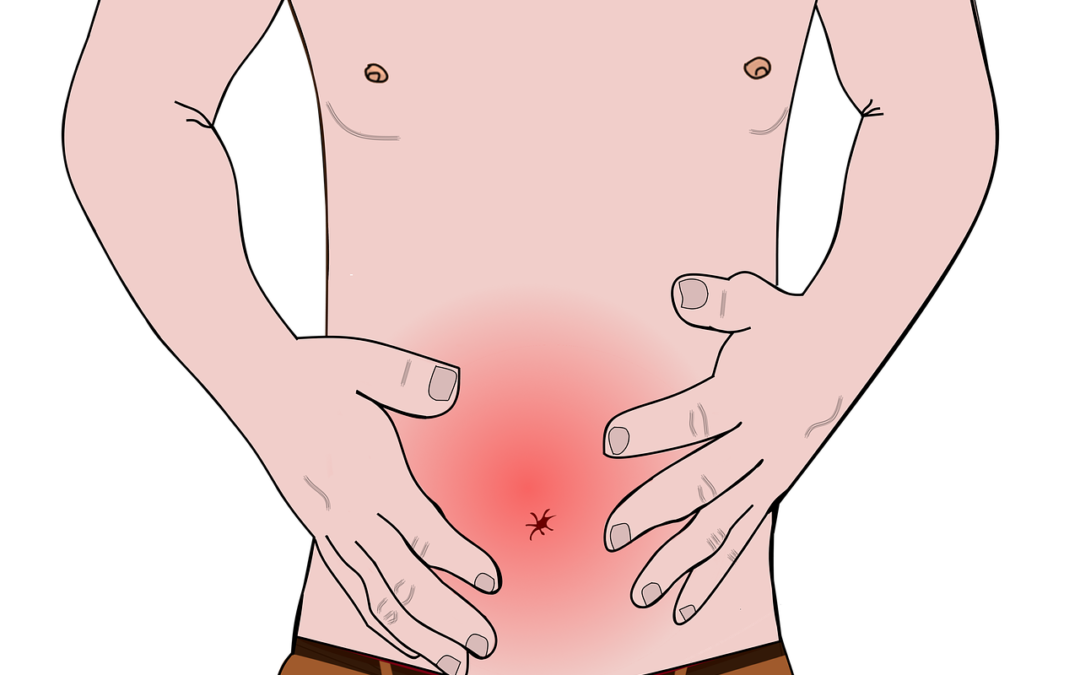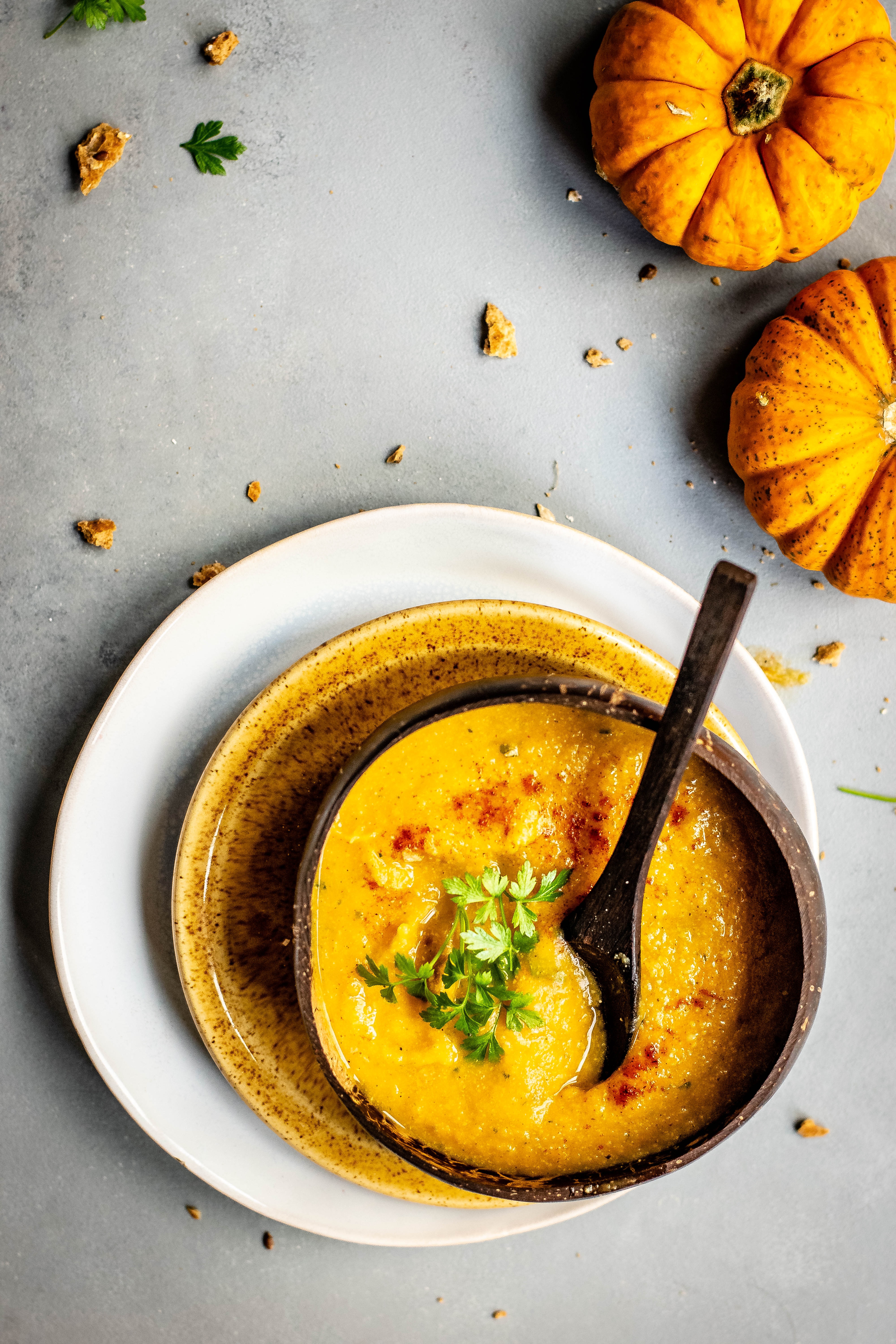
Irritable Bowel Syndrome
Irritable Bowel Syndrome
Irritable bowel syndrome (IBS) is a common disorder that affects the stomach and intestines, also called the gastrointestinal tract. Symptoms include abdominal pain, bloating, cramping, gas, and diarrhoea or constipation, or both.
Only a small number of people experiencing IBS have severe symptoms, while others experience mild pain and alternation of bowel habits. So how are your insides? Worried about where the next toilet will be? Your digestion is switching from diarrhoea to constipation and you’ve tried dairy free, gluten free or the low-FODMAP diet?
Sometimes people can visit their medical physician with symptoms and either be dismissed or referred to a gastroenterologist. Sometimes people can get a parasite or gastroenteritis (infection/inflammation in the gut) from eating contaminating food/water from traveling overseas and then end up with IBS symptoms long term.
To date, the pathophysiology of IBS is still not completely understood. However, specialists are now more accepting of IBS signs and symptoms being a functional disorder with both physiological and psychosocial factors, despite x-rays, lab tests or biopsies being clear.
What might a specialist first exclude before diagnosing Irritable Bowel Syndrome?
Due to many digestive conditions having similar signs and symptoms, a specialist must first rule out other conditions such as:
- Small-bowel bacterial overgrowth
- Lactose intolerance
- Eating disorder
- Inflammatory bowel disease
- Autoimmune disease
- Coeliac disease or celiac sensitivity
- Parasites
- Infection
- Laxative use
- Microscopic colitis
- Pharmaceutical side effects
- Gastritis or Enteritis
A patient may undergo blood tests, stools tests, physical examination, colonoscopy, ultrasound or sigmoidoscopy tests and a physician will also exclude any of the above causes (1). If tests come back clear and no other gastrointestinal diseases are determined, then IBS is considered (2).
How is Irritable bowel syndrome treated ?
Doctors may treat IBS by recommending changes in what you eat and other lifestyle changes, medicines, probiotics, and mental health therapies (3).
Also:
- Increasing fibre to improve constipation
- Decreasing gas producing foods
- Following a FODMAP photocol or other dietary protocol that improves symptoms
- Mental health support
- Stress management
- Getting enough sleep
- Increasing exercise
- Drug therapy for the dominant symptoms
What does research say about other therapies such as Chinese medicine, Acupuncture and behavioural therapy?
A review of mind/body approaches to irritable bowel syndrome has suggested that alternate strategies targeting mechanisms other than thought content change might be helpful, specifically mindfulness and acceptance-based approaches (4).
Best practices in treating IBS support the idea that patients should be referred for behavioural therapy early, not just when patients have failed everything else. Ideally, consultation with a gastrointestinal psychologist would be incorporated very early into the treatment plan so that collaboration can occur between the patient, psychologist, gastroenterologist, and possibly a dietitian. IBS is a multifactorial disorder, and the field of gastroenterology is moving toward additional in-clinic assessments of mood to more comprehensively aid patients in the management of complexities associated with IBS (5).
A 2015 Australian randomised-controlled trial showed that Chinese herbal medicine may be an effective treatment in relieving IBS. The double-blinded trial was for constipation-type IBS, and it found that Chinese herbal medicine reduced symptoms, increased bowel satisfaction and stool consistency, reduced straining and hard lumpy stools, compared with placebo (6). The study also showed how quickly symptoms can improve with symptoms improving by week 8 of the trial and the herbs being well tolerated by participants.
Other research suggested by The World Journal of Gastroenterology of a meta-analysis of 6 randomised controlled trials in 2014. The review found that acupuncture clearly leads to control of IBS symptoms which is both statistically characteristic and statistically significant (7).
Moxibustion (moxa) is a technique to burn mugwort on or close to a patients skin with or without acupuncture stimulation. It is used to help relieve pain, discomfort, to encourage blood flood and alleviate other symptoms according to Chinese medicine diagnosis. A review of 20 randomised-controlled trials of managing IBS showed moxa may provide benefit to IBS patients, however further research is needed (8).
How does Chinese medicine and Acupuncture help Irritable Bowel Syndrome?
Publications of the interactions between traditional Chinese medicine and the gastrointestinal system from the years 2004 to 2021 has been widely studied, with the number of papers rapidly increasing since 2018 (9).
One of the branches of Traditional Chinese Medicine is Acupuncture, which is used to stimulate documented acupuncture points to relieve pain, treat internal organ problems, reflect on disease conditions and activate the self healing ability to keep people well.
The Acupuncturist will talk with the patient about signs and symptoms and other lifestyle or dietary factors that may be contributing to the problem. Sometimes acupuncture alone can regulate the digestive system, other times herbal medicine is prescribed alongside depending on predominant symptoms such as constipation or diarrhoea. Other symptoms are taken into account for the patients individual pattern when herbs are given.
Educating patients about lifestyle factors for managing stress is also important. We will work closely with the patient to improve their diet, reduce foods that may be contributing to IBS or other gastrointestinal problems.
 Tanya Keam is an integrative Chinese medicine Doctor and registered Acupuncturist in Nambour in the beautiful Sunshine Coast hinterland in Queensland, Australia. If you’re experiencing the above symptoms or interested in Traditional Chinese Medicine and Acupuncture treatment specifically for Irritable Bowel Syndrom, please reach out to see if Acupuncture, herbal medicine and lifestyle guidance might support you to feel better.
Tanya Keam is an integrative Chinese medicine Doctor and registered Acupuncturist in Nambour in the beautiful Sunshine Coast hinterland in Queensland, Australia. If you’re experiencing the above symptoms or interested in Traditional Chinese Medicine and Acupuncture treatment specifically for Irritable Bowel Syndrom, please reach out to see if Acupuncture, herbal medicine and lifestyle guidance might support you to feel better.
You can see Tanya’s training here, call us here, or book online here.
References
1. Mayo Clinic (2018). “Irritable Bowel Syndrome”. Available at: https://www.mayoclinic.org/diseases-conditions/irritable-bowel-syndrome/symptoms-causes/syc-20360016
2. Harvard Health Publishing (2018). ‘The gut-brain connection.’ Available at: https://www.health.harvard.edu/diseases-and-conditions/the-gut-brain-connection
3. National Institute of Diabetes and Digestive and Kidney Diseases (2024). ‘Treatment of Irritable Bowel Syndrome’. Available at: https://www.niddk.nih.gov/health-information/digestive-diseases/irritable-bowel-syndrome/treatment
4. Sebastián Sanchez B, Gil Roales-Nieto J, Ferreira NB, Gil Luciano B, Sebastián Domingo JJ. New psychological therapies for irritable bowel syndrome: mindfulness, acceptance and commitment therapy (ACT) Rev Esp Enferm Dig. 2017;109(9):648–657.
5. Riehl, M. (2018). ‘The Emerging Role of Brain-Gut Therapies for Irritable Bowel Syndrome.’ Gastroenterology & Hepatology14(7), 436-438.
6. Bensoussan, A., Kellow, J., Bourchier, S., Fahey, P., Shim, L., Malcolm, A. & Boyce (2015). ‘Efficacy of a Chinese Herbal Medicine in Providing Adequate Relief of Constipation-predominant Irritable Bowel Syndrome: A Randomized Controlled Trial’. Clinical Gastroenterology and Hepatology, 13(11), Pages 1946-1954.
7. Chao, C. & Zhang, S. (2014). ‘Effectiveness of acupuncture to treat irritable bowel syndrome: a meta-analysis.’ World Journal of Gastroenterology, 20(7), Available at: https://doi.org/10.3748/wjg.v20.i7.1871.
8. Park, J., Lee, B. & Lee, H. (2013). ‘Moxibustion in the management of irritable bowel syndrome: systematic review and meta-analysis’. BMC Complementary and Alternative Medicine, 13. Available at: https://bmccomplementalternmed.biomedcentral.com/articles/10.1186/1472-6882-13-247.
9. Yang, S. Hao, S. Wang, Q. Lou, Y. Jia, L. Chen,D. (2022). The interactions between traditional Chinese medicine and gut microbiota : Global research status trends. National Library of Medicine, 12: 1005730. Available at: https://www.ncbi.nlm.nih.gov/pmc/articles/PMC9510645/
Other articles:
1. Sebastián Sanchez B, Gil Roales-Nieto J, Ferreira NB, Gil Luciano B, Sebastián Domingo JJ. New psychological therapies for irritable bowel syndrome: mindfulness, acceptance and commitment therapy (ACT) Rev Esp Enferm Dig. 2017;109(9):648–657.
2. Thakur ER, Shapiro J, Chan J, et al. A systematic review of the effectiveness of psychological treatments for IBS in gastroenterology settings: promising but in need of further study [published online May 10, 2018] Dig Dis Sci. doi:10.1007/s10620-018 5095-3.
3. Keefer L, Palsson OS, Pandolfino JE. Best practice update: incorporating psychogastroenterology into management of digestive disorders. Gastroenterology. 2018;154(5):1249–1257.

